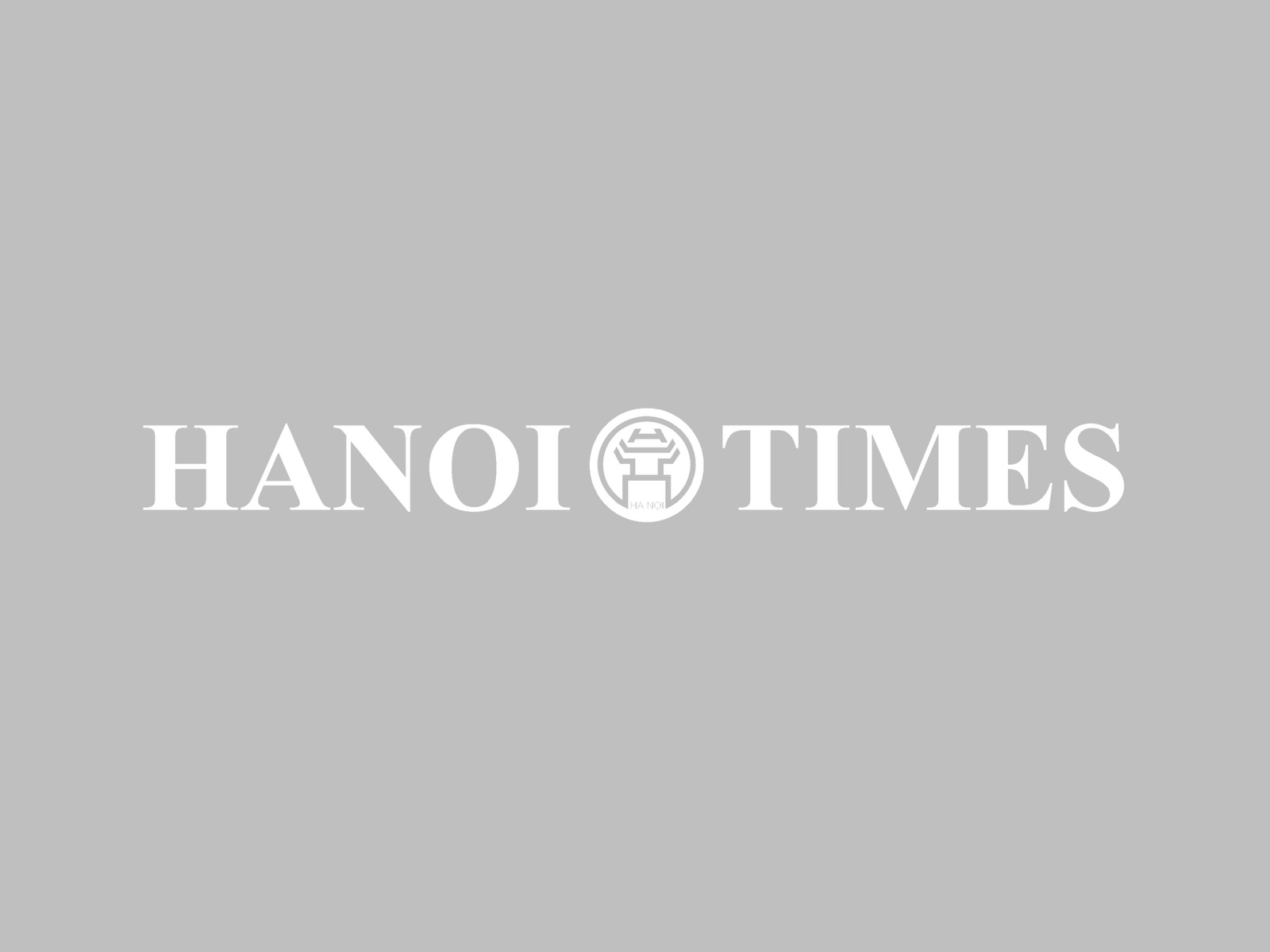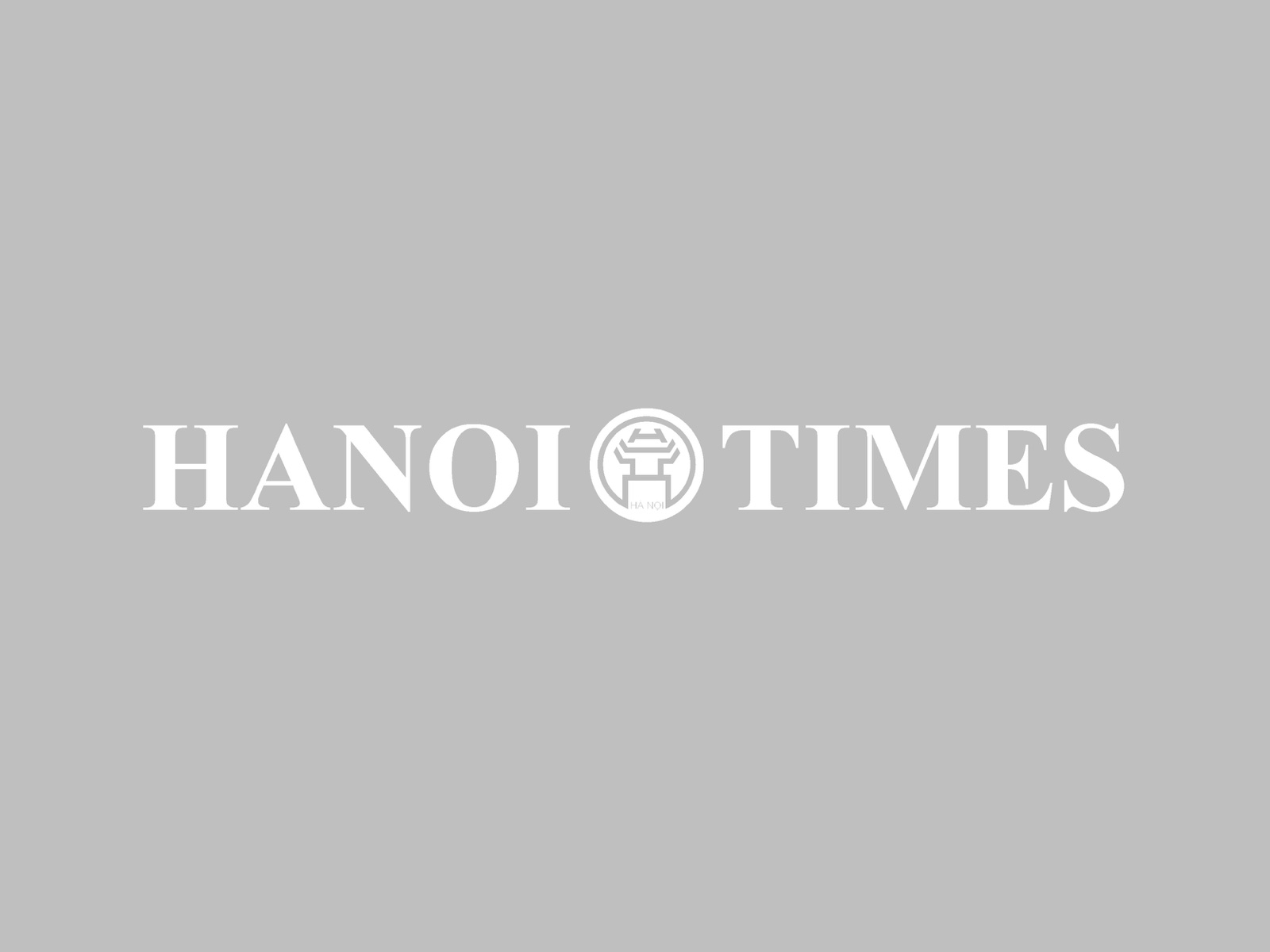Vietnam
Mattis seeks to clean up war legacies, strengthen security ties with Vietnam
Oct 17, 2018 / 05:34 PM
Secretary Mattis is following guidance in the US National Security Strategy and the US National Defense Strategy to include Vietnam in a cooperative defense network to deal with current challenges to regional security, according to a Vietnam expert.
During his second visit to Vietnam this year, US Secretary of Defense James Mattis is not only seeking to handle war legacies in the former foe nation, but also is following guidance in the US national strategies to enhance military and security relations with Vietnam, according to an expert.
Addressing legacies of war
As part of Mattis’ agenda for his second visit of the year to Vietnam and first visit to Ho Chi Minh City on October 16-17, the secretary visited the Bien Hoa Airbase, a major air station for American forces during the war and situated 30 kilometers outside of Ho Chi Minh City, Vietnam’s largest metropolis.
The visit to the base is to reaffirm the US commitment to contribute to dioxin remediation, another step in solving war legacies as the two former war adversaries seek to heal war wounds and advance the bilateral comprehensive partnership, which was reached in July 2013 during the then Vietnamese President Truong Tan Sang’s visit to Washington.
“USAID is about to start a major remediation project there at Bien Hoa Air Base from the old days. And it's going to take several years, so I just want to get eyes on it so when I go back and I talk to Congress, I can tell them my impression with actually having seen the site,” Mattis told reporters before landing on Vietnam.
The visit “shows our commitment to addressing war legacies, which serves as the bedrock of the US-Vietnam bilateral defense partnership,” said US Ambassador to Vietnam Daniel Kritenbrink, who accompanied Secretary Mattis throughout his visit.
USAID, which stands for the United States Agency for International Development, and the Vietnamese Ministry of National Defense, completed a five-year US$110 million program to clean dioxin contaminated soil at Da Nang International Airport earlier this year.
The subsequent dioxin remediation project at Bien Hoa Airbase exemplifies the persistent steps both countries continue to make to jointly resolve war legacies, while deepening a strong partnership through security, economic, and cultural cooperation, the US embassy in Hanoi said in a statement.
By visiting Bien Hoa, Secretary Mattis is acknowledging the importance Vietnam places on addressing war legacy issues such as Agent Orange. Mattis will reaffirm US commitment to assist Vietnam in addressing this issue, said Carl Thayer, Emeritus Professor at the University of New South Wales and Director of Thayer Consultancy.
Thayer said the US views Vietnam as an “important strategic partner.” Vietnam’s importance as a security partner in US eyes will increase when it becomes ASEAN Chair in 2020 and when it is elected a non-permanent member of the United Nations Security Council, he added.
Mattis, a retired general who entered the Marine Corps during the Vietnam War, did not serve in the war but his older brother did. “He loves the people. And I think that you find that commonly among our Vietnam veterans. There is not the animus that some would think,” the secretary told the reporters.
During his visit, Secretary Mattis also met with Vietnam’s Defense Minister, General Ngo Xuan Lich, the fifth such meeting between the two. Mattis also met with Ho Chi Minh City’s Party Committee Secretary Nguyen Thien Nhan.
Security in the Pacific
Mattis noted that the US considers ASEAN “central to the security interests and maintaining peace in the Pacific. “And as both the president and the vice president said, we want a constructive relationship so prosperity and security grow together, not apart.”
“We are cooperating where possible with China”, he said, noting that “we're not out to contain China.”
The secretary stressed that Washington remains “highly concerned with continued militarization of features in the South China Sea.”
Citing US Vice President Mike Pence’s recent speech, Mattis said the US seeks a “relationship with China that's grounded in fairness, reciprocity and respect for sovereignty, and that means respect for international rules and for all nations' sovereignty, whether they're large or small.”
“So we're two large powers, or two Pacific powers, two economic powers. There's going to be times we step on each other's toes, so we're going to have to find a way to productively manage our relationship. And the military relationship is to be a stabilizing force in the relations between the two countries,” he added.
Mattis visited Hanoi in January and an U.S. Navy aircraft carrier, the USS Carl Vinson, made a port call at Da Nang two months later, the first such visit since the war.
Secretary Mattis is following guidance in the US National Security Strategy and the US National Defense Strategy to include Vietnam in a cooperative defense network to deal with current challenges to regional security including Chinese aggressive actions in the South China Sea, Thayer said.
China will likely pressure Vietnam and other ASEAN members not to side with the US. China could also delay negotiations on a Code of Conduct by arguing that the U.S. is responsible for threatening China’s security, Thayer forecast.
Addressing legacies of war
As part of Mattis’ agenda for his second visit of the year to Vietnam and first visit to Ho Chi Minh City on October 16-17, the secretary visited the Bien Hoa Airbase, a major air station for American forces during the war and situated 30 kilometers outside of Ho Chi Minh City, Vietnam’s largest metropolis.
The visit to the base is to reaffirm the US commitment to contribute to dioxin remediation, another step in solving war legacies as the two former war adversaries seek to heal war wounds and advance the bilateral comprehensive partnership, which was reached in July 2013 during the then Vietnamese President Truong Tan Sang’s visit to Washington.
“USAID is about to start a major remediation project there at Bien Hoa Air Base from the old days. And it's going to take several years, so I just want to get eyes on it so when I go back and I talk to Congress, I can tell them my impression with actually having seen the site,” Mattis told reporters before landing on Vietnam.
The visit “shows our commitment to addressing war legacies, which serves as the bedrock of the US-Vietnam bilateral defense partnership,” said US Ambassador to Vietnam Daniel Kritenbrink, who accompanied Secretary Mattis throughout his visit.
USAID, which stands for the United States Agency for International Development, and the Vietnamese Ministry of National Defense, completed a five-year US$110 million program to clean dioxin contaminated soil at Da Nang International Airport earlier this year.

US Secretary of Defense James Mattis visiting the Bien Hoa Airbase. Photo courtesy: US embassy in Hanoi
|
By visiting Bien Hoa, Secretary Mattis is acknowledging the importance Vietnam places on addressing war legacy issues such as Agent Orange. Mattis will reaffirm US commitment to assist Vietnam in addressing this issue, said Carl Thayer, Emeritus Professor at the University of New South Wales and Director of Thayer Consultancy.
Thayer said the US views Vietnam as an “important strategic partner.” Vietnam’s importance as a security partner in US eyes will increase when it becomes ASEAN Chair in 2020 and when it is elected a non-permanent member of the United Nations Security Council, he added.
Mattis, a retired general who entered the Marine Corps during the Vietnam War, did not serve in the war but his older brother did. “He loves the people. And I think that you find that commonly among our Vietnam veterans. There is not the animus that some would think,” the secretary told the reporters.
During his visit, Secretary Mattis also met with Vietnam’s Defense Minister, General Ngo Xuan Lich, the fifth such meeting between the two. Mattis also met with Ho Chi Minh City’s Party Committee Secretary Nguyen Thien Nhan.

US Secretary of Defense James Mattis meets with Vietnam’s Defense Minister, General Ngo Xuan Lich. Photo courtersy: US Embassy in Hanoi
|
Mattis noted that the US considers ASEAN “central to the security interests and maintaining peace in the Pacific. “And as both the president and the vice president said, we want a constructive relationship so prosperity and security grow together, not apart.”
“We are cooperating where possible with China”, he said, noting that “we're not out to contain China.”
The secretary stressed that Washington remains “highly concerned with continued militarization of features in the South China Sea.”
Citing US Vice President Mike Pence’s recent speech, Mattis said the US seeks a “relationship with China that's grounded in fairness, reciprocity and respect for sovereignty, and that means respect for international rules and for all nations' sovereignty, whether they're large or small.”
“So we're two large powers, or two Pacific powers, two economic powers. There's going to be times we step on each other's toes, so we're going to have to find a way to productively manage our relationship. And the military relationship is to be a stabilizing force in the relations between the two countries,” he added.
Mattis visited Hanoi in January and an U.S. Navy aircraft carrier, the USS Carl Vinson, made a port call at Da Nang two months later, the first such visit since the war.
Secretary Mattis is following guidance in the US National Security Strategy and the US National Defense Strategy to include Vietnam in a cooperative defense network to deal with current challenges to regional security including Chinese aggressive actions in the South China Sea, Thayer said.
China will likely pressure Vietnam and other ASEAN members not to side with the US. China could also delay negotiations on a Code of Conduct by arguing that the U.S. is responsible for threatening China’s security, Thayer forecast.








